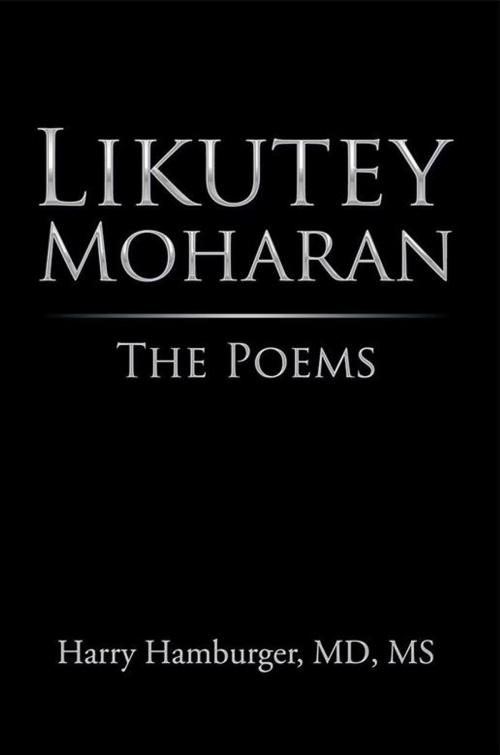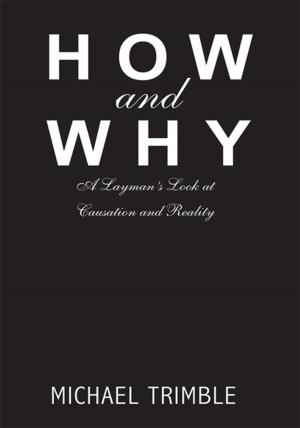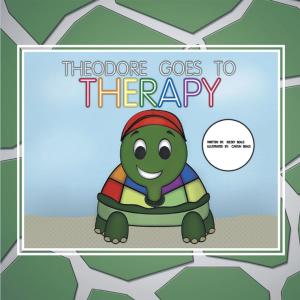| Author: | Harry Hamburger MD MS | ISBN: | 9781543432794 |
| Publisher: | Xlibris US | Publication: | July 5, 2017 |
| Imprint: | Xlibris US | Language: | English |
| Author: | Harry Hamburger MD MS |
| ISBN: | 9781543432794 |
| Publisher: | Xlibris US |
| Publication: | July 5, 2017 |
| Imprint: | Xlibris US |
| Language: | English |
Rebbe Nachman of Breslev was a relative of Baal Shem Tov and one of the most brilliant Hasidic rabbis who ever lived. He wrote about how people should go off to a quiet place, preferably in nature, and speak to God as a friend. He also taught that no matter how bad a situation or person was, we should look for one good point, and then, by focusing on that, turn the bad into something good. Rebbe Nachman had a rough life, losing multiple children and his wife to illness. He died at the young age of thirty-eight after being sick for many years with tuberculosis. Despite his difficulties, Rebbe Nachman taught that a joyful life was always about your attitude. He said that you could not control what would happen to you, but you could control how you would react to it. The rebbes teachings were published in Hebrew as Likutey Moharan, recently translated into English with commentary by Rabbi Chaim Kramer.
Rebbe Nachman of Breslev was a relative of Baal Shem Tov and one of the most brilliant Hasidic rabbis who ever lived. He wrote about how people should go off to a quiet place, preferably in nature, and speak to God as a friend. He also taught that no matter how bad a situation or person was, we should look for one good point, and then, by focusing on that, turn the bad into something good. Rebbe Nachman had a rough life, losing multiple children and his wife to illness. He died at the young age of thirty-eight after being sick for many years with tuberculosis. Despite his difficulties, Rebbe Nachman taught that a joyful life was always about your attitude. He said that you could not control what would happen to you, but you could control how you would react to it. The rebbes teachings were published in Hebrew as Likutey Moharan, recently translated into English with commentary by Rabbi Chaim Kramer.















